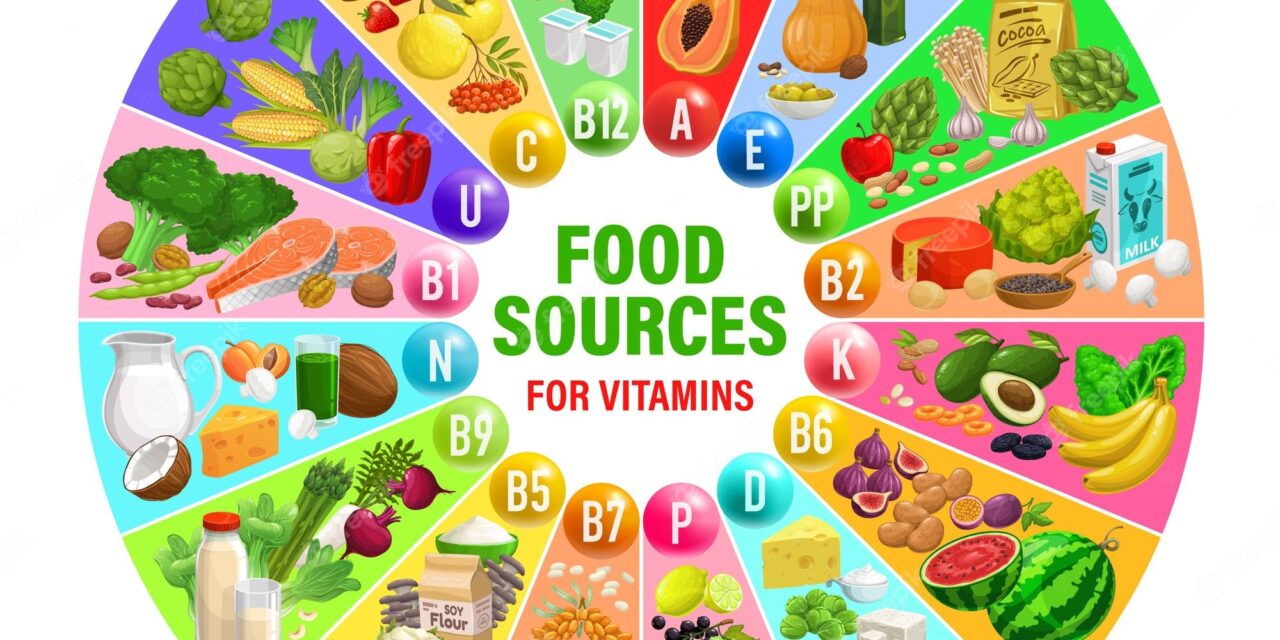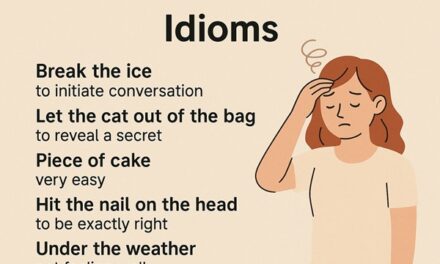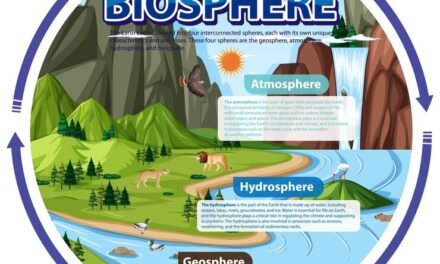In this chapter, we will dive into the various nutrients essential for our health, understand how to test for different nutrients in food, and learn about balanced diets and deficiency diseases. Let’s get started on this journey to discover what makes our food so important!
Introduction to Nutrients
Nutrients are substances in food that our bodies need to function properly. They help us grow, stay healthy, and provide energy for daily activities. Nutrients can be categorized into several types: carbohydrates, fats, proteins, vitamins, minerals, water, and roughage. Each type plays a unique role in maintaining our health.
Carbohydrates
Carbohydrates are the main energy-giving foods that power our daily activities, just like fuel powers a car. They are found in many foods, especially in grains like rice and wheat, potatoes, fruits, and even in milk and sugars. When we eat carbohydrates, our body breaks them down into a simple sugar called glucose, which gives us the energy to run, play, study, and even think! There are two main types of carbohydrates – simple and complex. Simple carbohydrates, found in sugar and sweets, give us quick energy but get used up fast. Complex carbohydrates, found in whole grains and vegetables, release energy slowly and keep us feeling full for longer. That’s why nutritionists recommend eating more complex carbohydrates like whole wheat bread and brown rice instead of sugary foods. Our brain especially loves carbohydrates as it uses glucose as its main source of energy to help us stay alert and focused during school.
Types of Carbohydrates
– Simple Carbohydrates: Also known as sugars, these are found in fruits, honey, and sweets. They provide quick energy.
– Complex Carbohydrates: Found in foods like bread, rice, and pasta. They provide sustained energy and are digested more slowly.
Functions of Carbohydrates
– Energy: Carbohydrates provide the primary source of energy for the body.
– Storage: Excess carbohydrates are stored as glycogen in the liver and muscles for later use.
Fats
Fats are an important energy-giving food that our body needs, though we should eat them in moderate amounts. Think of fats as your body’s savings bank – when we eat more food than we need, our body stores the extra energy as fat to use later when food is not available. Fats also help our body stay warm, protect our organs, and help us absorb certain vitamins like Vitamin A, D, E, and K. There are different types of fats – some good and some not so good for our health. Good fats, found in foods like fish, nuts, olive oil, and avocados, help keep our heart healthy. However, too much of unhealthy fats, found in fried foods and packaged snacks, can make us overweight and cause health problems. Our body needs only small amounts of fat each day – about 3-4 teaspoons is enough for most children. That’s why it’s important to choose healthy fats and avoid eating too many fried and processed foods.
Types of Fats
– Saturated Fats: Found in animal products like meat and dairy. They can raise cholesterol levels if consumed in excess.
– Unsaturated Fats: Found in plant oils, nuts, and fish. They are considered healthier and can help lower cholesterol levels.
Functions of Fats
– Energy: Fats provide a concentrated source of energy.
– Protection: They help protect vital organs and insulate the body.
– Absorption: Fats help in the absorption of fat-soluble vitamins (A, D, E, K).
Proteins
Proteins are often called the building blocks of life because they help our body grow and repair itself. Just like a house needs bricks to be built, our body needs proteins to build muscles, skin, hair, and even help fight diseases. We can get proteins from both animal and plant sources – animal sources include eggs, milk, fish, and meat, while plant sources include pulses, beans, and nuts. When we eat protein-rich foods, our body breaks them down into smaller parts called amino acids, which it then uses to build new proteins that our body needs. Growing children need plenty of protein because it helps them become taller and stronger. That’s why doctors often tell us to include protein-rich foods in at least two meals every day. Interestingly, our body cannot store extra protein like it stores fats and carbohydrates, so we need to eat protein-containing foods regularly to stay healthy and strong.
Types of Proteins
– Complete Proteins: Contain all essential amino acids. Found in animal products like meat, eggs, and dairy.
– Incomplete Proteins: Lack one or more essential amino acids. Found in plant-based foods like beans and grains.
Functions of Proteins
– Growth and Repair: Proteins help in the growth and repair of tissues.
– Enzymes and Hormones: Many enzymes and hormones are proteins that regulate body functions.
Vitamins
Vitamins are special nutrients that our body needs to stay healthy and work properly, even though we only need them in tiny amounts. Each vitamin has its own special job – Vitamin A helps us see clearly and keeps our skin healthy, Vitamin C helps heal cuts and fight off illnesses, while B vitamins help our body get energy from the food we eat. Some vitamins, like Vitamin D, can even be made by our body when we play in the sunlight! We can get most vitamins from eating different colorful fruits and vegetables – for example, oranges are rich in Vitamin C, carrots have lots of Vitamin A, and green vegetables are packed with Vitamin B. Unlike fats or carbohydrates, our body cannot make most vitamins on its own, so we must get them from the food we eat. That’s why it’s important to eat a rainbow of fruits and vegetables every day to make sure we get all the vitamins we need.
Fat-Soluble Vitamins
– Vitamin A: Important for vision and immune function. Found in carrots and liver.
– Vitamin D: Helps in the absorption of calcium. Found in sunlight, dairy, and fish.
– Vitamin E: Acts as an antioxidant. Found in nuts and vegetable oils.
– Vitamin K: Essential for blood clotting. Found in leafy greens.
Water-Soluble Vitamins
– Vitamin C: Boosts the immune system and helps in wound healing. Found in citrus fruits and tomatoes.
– Vitamin B Complex: Includes B1 (Thiamine), B2 (Riboflavin), B3 (Niacin), B6 (Pyridoxine), B12 (Cobalamin), Folate, and Pantothenic Acid. Important for energy metabolism and brain function. Found in whole grains, meat, and vegetables.
Minerals
Minerals are essential nutrients that our body needs in small amounts for proper growth and functioning. Unlike vitamins, minerals are inorganic substances that come from soil and water, and plants absorb them as they grow. Some common minerals include calcium, which helps build strong bones and teeth; iron, which helps carry oxygen in our blood; and sodium, which helps maintain proper nerve function. We can get these important minerals from different food sources – calcium is found in milk and dairy products, iron in green leafy vegetables and meat, and sodium in table salt. Not getting enough minerals in our diet can lead to health problems, which is why it’s important to eat a balanced diet with variety of foods like fruits, vegetables, whole grains, and dairy products.
Key Minerals
– Calcium: Important for bone health. Found in dairy products and green leafy vegetables.
– Iron: Essential for blood production. Found in red meat and beans.
– Potassium: Helps in maintaining fluid balance and proper muscle function. Found in bananas and potatoes.
– Magnesium: Supports muscle and nerve function. Found in nuts and whole grains.
Water
Water is often called the ‘elixir of life’ because no living thing can survive without it, even though it doesn’t provide any energy to our body. Our body is made up of about 70% water, and we need it for many important functions – it helps digest food, carry nutrients to all parts of our body, remove waste products, regulate body temperature through sweat, and even helps our blood flow smoothly. We get water not only from drinking it but also from many foods, especially fruits and vegetables like watermelon, cucumber, and oranges. Our body loses water throughout the day through sweating, breathing, and going to the bathroom, which is why we need to drink at least 6-8 glasses of water every day to stay healthy. When we don’t drink enough water, we can become dehydrated, which makes us feel tired, dizzy, and unable to concentrate in class. That’s why it’s important to drink water regularly, even before we feel thirsty!
Functions of Water
– Hydration: Keeps the body hydrated and helps regulate temperature.
– Digestion: Aids in digestion and nutrient absorption.
– Detoxification: Helps remove waste products from the body.
Roughage
Roughage, also called dietary fiber, is a special type of carbohydrate that our body cannot digest but is still very important for our health. Think of roughage as a gentle broom that helps keep our digestive system clean and working properly. It is found in the outer covering of grains, in fruits and vegetables (especially in their peels and seeds), and in pulses. When we eat foods rich in roughage, it helps our food move smoothly through our digestive system and prevents constipation. It also makes us feel full for a longer time, which helps prevent overeating. Fruits like apples and oranges, vegetables like carrots and beans, and whole grains like brown rice and whole wheat bread are excellent sources of roughage. That’s why our parents and teachers always tell us to eat lots of fruits and vegetables with their skin (when edible) and choose whole grain foods over refined ones like white bread or polished rice.
Types of Roughage
– Soluble Fiber: Dissolves in water and helps lower cholesterol. Found in oats and apples.
– Insoluble Fiber: Does not dissolve in water and helps prevent constipation. Found in whole grains and vegetables.
Functions of Roughage
– Digestive Health: Promotes healthy digestion and regular bowel movements.
– Satiety: Helps you feel full and satisfied, which can aid in weight management.
Nutrients in Some Common Food Items
Let’s look at some common foods and their nutrient content:
– Rice: Carbohydrates
– Chicken: Protein
– Spinach: Vitamins A and K, Iron
– Milk: Calcium, Protein
– Apples: Vitamins C and fiber
How to Test for Nutrients in Food
Testing for nutrients helps us understand what is in our food and ensures we get the necessary nutrients.
Testing for Starch
– Test: Iodine Solution
– Procedure: Add a few drops of iodine solution to a sample of the food. If the food turns blue-black, starch is present.
Testing for Protein
– Test: Biuret Solution
– Procedure: Add a few drops of Biuret solution to the food sample. If the solution turns purple, protein is present.
Testing for Fats
– Test: Brown Paper Test
– Procedure: Rub the food sample on a piece of brown paper. If the paper develops a translucent spot, fats are present.
A Balanced Diet
A balanced diet includes a variety of foods in the right proportions to maintain health and energy.
Components of a Balanced Diet
– Carbohydrates: Provide energy.
– Proteins: Aid in growth and repair.
– Fats: Supply energy and support cell functions.
– Vitamins and Minerals: Maintain overall health and support various body functions.
– Water: Keeps the body hydrated.
– Roughage: Supports digestive health.
Importance of a Balanced Diet
– Overall Health: Helps prevent diseases and maintains good health.
– Growth and Development: Essential for proper growth and development in children and teenagers.
– Energy Levels: Keeps energy levels stable throughout the day.
Cooking of Food
Cooking food not only makes it more palatable but also helps in making it safer to eat by killing harmful bacteria.
Effects of Cooking
– Nutrient Availability: Cooking can sometimes increase the availability of nutrients, such as in the case of tomatoes and lycopene.
– Digestibility: Cooking breaks down food, making it easier to digest.
– Safety: Cooking helps kill harmful microorganisms and parasites.
Deficiency Diseases
Deficiency diseases occur when the body lacks essential nutrients. Here are some examples:
Deficiency of Carbohydrates
– Obesity: Excessive consumption of carbohydrates can lead to obesity, which is associated with various health problems like heart disease and diabetes.
Deficiency of Proteins and Fats
– Kwashiorkor: A condition caused by a lack of protein, leading to swollen abdomen and skin problems.
– Marasmus: Caused by a severe deficiency of both protein and calories, leading to severe weight loss and weakness.
Deficiency of Vitamins and Minerals
– Scurvy: Caused by a deficiency of Vitamin C, leading to bleeding gums and weakness.
– Beri Beri: Caused by a deficiency of Vitamin B1 (Thiamine), leading to muscle weakness and nerve damage.
– Night Blindness: Caused by a deficiency of Vitamin A, leading to difficulty seeing in low light.
– Rickets: Caused by a deficiency of Vitamin D, leading to weak and deformed bones.
– Anaemia: Caused by a deficiency of iron, leading to fatigue and weakness.
– Goitre: Caused by a deficiency of iodine, leading to an enlarged thyroid gland.
Conclusion
Understanding the components of food and their importance helps us make better dietary choices and maintain good health. By ensuring we get a variety of nutrients from different food sources, we can support our bodies and prevent deficiency diseases. Remember, a balanced diet, proper food testing, and cooking practices play a crucial role in our overall well-being

















